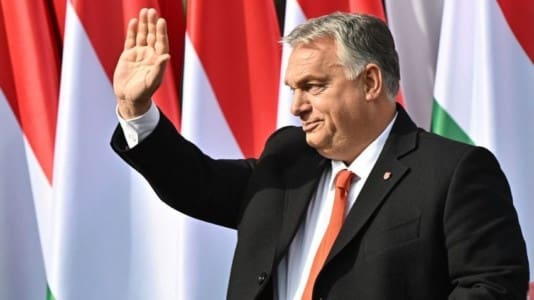The European Parliament has narrowly greenlit changes to the EU Treaties, with the decision swayed by a mere 17 votes, highlighting a growing caution within the EU against a radical overhaul that could lead to the dissolution of nation-states.
Regardless of the European Parliament vote outcome, it remains crucial to make citizens aware of the actual consequences of the proposed changes, which must not be underestimated. These changes lead not only to the dismantling of the EU as we know it, but primarily to a voluntary surrender of sovereignty.
Their acceptance would be a significant step towards maximum subordination to Germany and France, hence the loss of sovereignty by the member states. This would be the result of moving away from unanimity in the Council’s decision-making process.
Today, the national veto right is a guarantor for securing national interests, capable of blocking decisions harmful from the perspective of Polish raison d’état.
Removing this safety valve equates to a voluntary relinquishment of sovereignty, subjecting member states to the mercy of an EU majority that obediently follows directives from Berlin and Paris.
The centralization process is to be achieved by expanding shared competencies into seven new areas, such as foreign policy, border protection, security, civil defense, industry, education, and public health – areas critical to the lives of citizens. Seemingly innocuous shared competencies, where the EU has precedence, may not differ much from exclusive competencies. Sharing competencies in areas currently the sole prerogative of member states could mean adopting regulations affecting all countries, even if not all agree. Others could make decisions for us.
Consenting to reform in the proposed direction also means imposing the common euro currency on all member states, well aware of the crises faced by countries in this zone that have lost the ability to craft their monetary policy, a fundamental aspect of sovereignty. The changes also include tax standardization and intervention in the healthcare system. The EU would also decide what our children and grandchildren learn in schools.
Under the guise of the “more Europe” slogan, eagerly pronounced at every turn by European Commission President Ursula von der Leyen, lies a highly dangerous and worse, quietly implemented scenario of loss of independence, essentially a voluntary renunciation of it. Proponents of the “new EU” obscure the reality with the supposed necessity of preparing the Union for further expansion and speeding up the decision-making process.
However, no one discusses the costs of these changes, unacceptable from the perspective of nation-states. Moreover, claims that the EU cannot expand without treaty changes are false since current treaty provisions allow for this process.
One should not be deceived by narratives suggesting that this is a long-term process, with uncertainty about when and if the changes will be implemented at all. This smokescreen is meant to dull the vigilance of citizens and allow time for Germany to take control of the EU. Before we realize it, we might wake up in a completely new reality where the EU executive, set to replace the European Commission, will divide and rule, and Poles will be merely a population inhabiting a specified territory, stripped of agency.
Let’s not allow the majority to impose solutions detrimental to us. Hopefully, the European Parliament vote outcome that initiates the treaty amendment procedure will be a good omen for the future. Nothing about us, without us. Let’s stop the treaty change.






